Dehydrated fruits offer a convenient and flavorful way to enjoy fruits year-round. They provide a concentrated burst of sweetness and can be used in various recipes or enjoyed as a healthy snack. When consumed in moderation, dehydrated fruits can be a part of a nutritious diet.
History of Dehydrated Fruits
The practice of drying fruits has ancient roots. In regions with hot and dry climates, such as the Middle East and North Africa, people used sun-drying techniques to preserve fruits. They would spread the fruits out in the sun to remove moisture, which inhibited the growth of bacteria and mold, effectively preserving the fruits for later consumption.
During the medieval era, drying fruits became a common preservation method in Europe. Fruits were dried by hanging them in the open air or using ovens and chimneys to speed up the drying process. This allowed people to enjoy fruits during winter or on long journeys.
About Dehydrated Fruits
- Fruits can be dried using a variety of techniques, such as air drying, sun drying, oven drying, and utilizing specialist dehydrators. These techniques involve carefully and at a low temperature eliminating moisture from the fruits and preserving the aromas, colours, and nutrients in their natural forms.
- Fruits that are dehydrated: Mango, Kiwi, Cherries, Strawberry, Ginger, Orange, Pineapple, and Pomello, and a large number of other fruits can all be dried. Depending on the fruit and the intended result, dehydrated fruits can be found as slices, chips, or even complete forms.
- Depending on the fruit and the drying procedure, dehydrated fruits have an enhanced flavour and a chewy or crunchy texture. A sweet taste results from the concentration of natural sugars. The texture can vary from soft and chewy to crunchy, depending on the fruit’s moisture content.
Benefits of Dehydrated Fruits
Fruits that have been dried retain many of their natural components, including dietary fiber, vitamins, and minerals. Dehydrated fruits are more calorically dense than their fresh counterparts, though, as the water has been removed, which concentrates the sugars and calories. When consumed in moderation and as part of a balanced diet, they can still be a healthy snack option.
Application of Dehydrated Fruits
- Fruits that have been dehydrated can be utilized in a variety of ways in cooking. They can be used as a quick and wholesome snack on their own or in cereal, granola, and trail mix.
- They can be used as an ingredient in baked goods like cookies, cakes, or muffins or rehydrated by soaking in water.
- Dehydrated fruits can also be included in savoury dishes, like salads, or as a topping for yoghurt or ice cream
Did you Know?
When ancient Egyptian kings died, dehydrated fruits were buried in their tombs with their treasures.


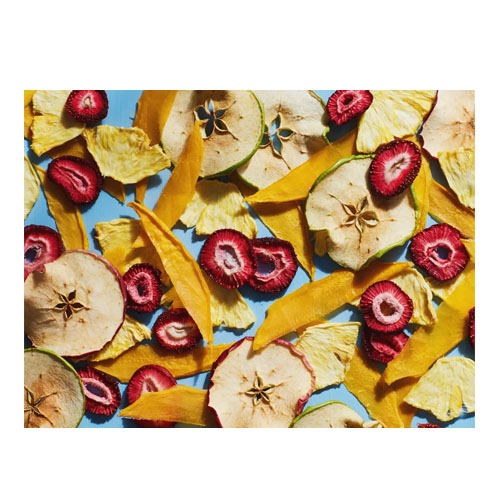
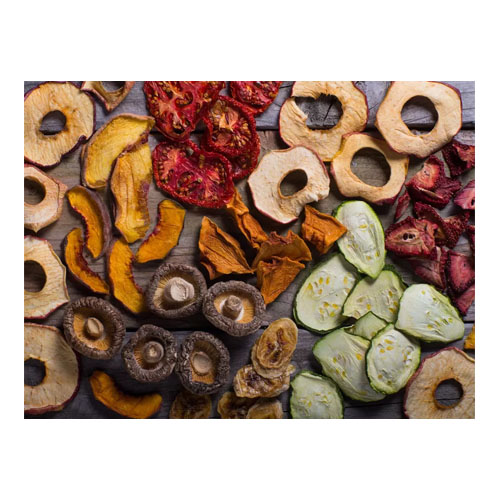

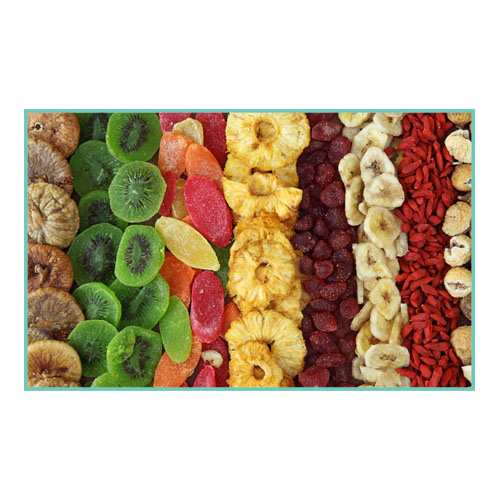
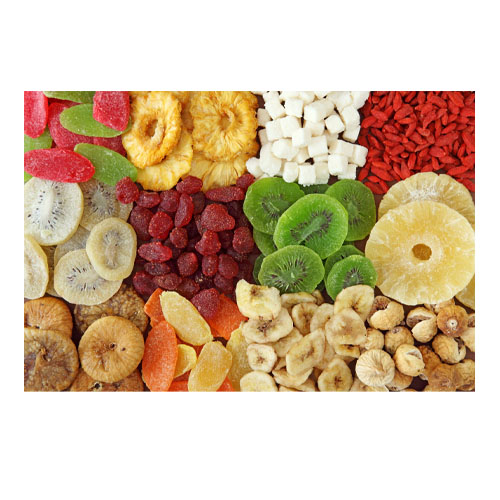
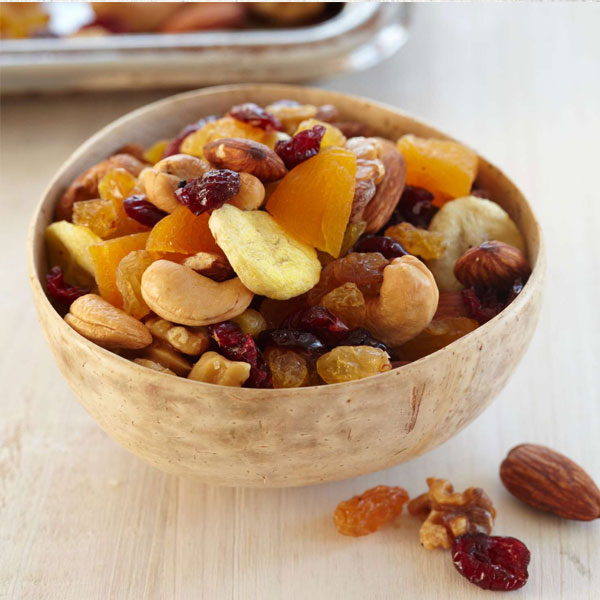
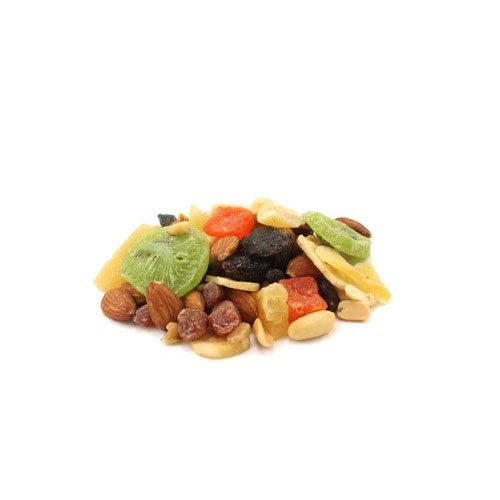
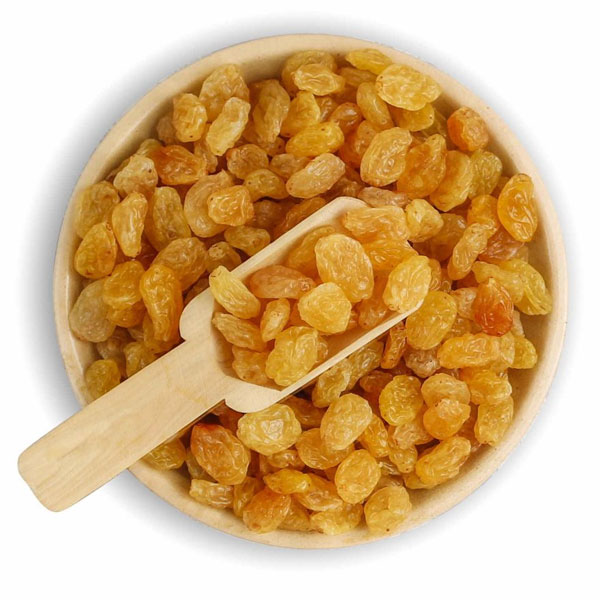
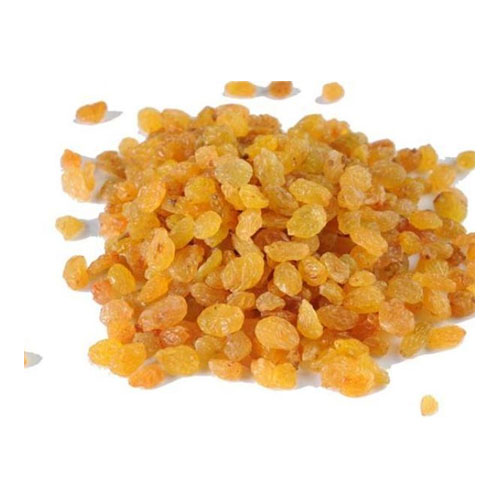


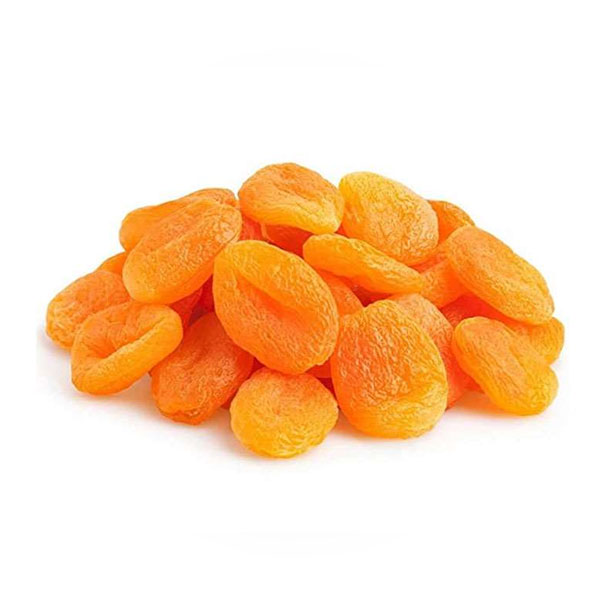
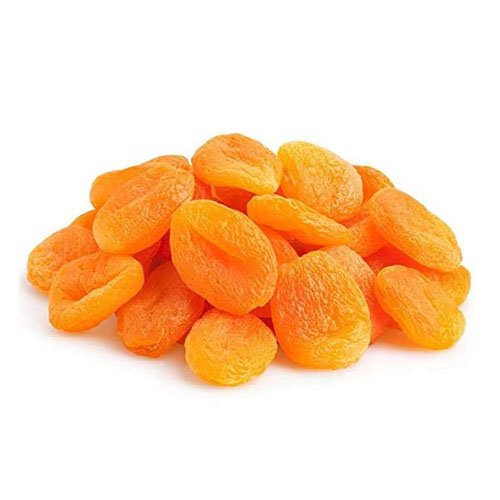
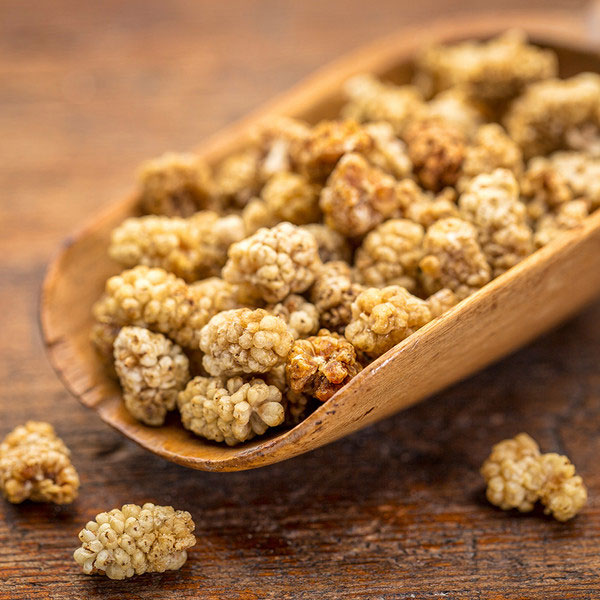
Reviews
There are no reviews yet.